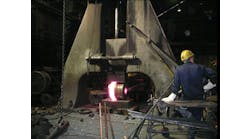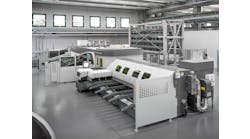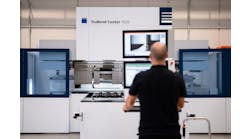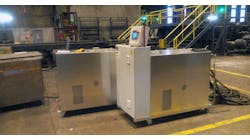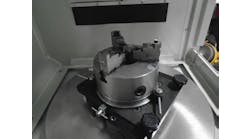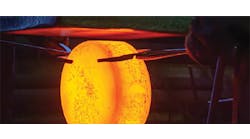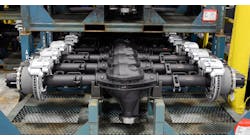Gerdau steelmaking operation in Monroe, MI, will convert from 210 to 240-millimeter square blooms. The transition, which will be effective in September this year, is part of a Gerdau initiative to enhance steel cleanliness in line with the changing standards for critical automotive market products, as well as the standards in other manufacturing markets.
The Michigan minimill produces engineered carbon and alloy SBQ steel bars for safety-critical applications in automotive and commercial vehicle manufacturing, construction, agricultural equipment production, distribution, and energy markets
“The global push for energy efficiency and stricter CO2 emission regulations has significantly increased the importance of clean steels in the automotive industry,” stated Luis Colembergue, vice president of sales and technology for Gerdau’s North American special steel division.
“The need for high-strength steel parts with a lightweight design, increased fatigue life, and performance is more important than ever.”
The Monroe minimill was the site of an extensive capital program earlier this decade, with the four-strand continuous casting machine starting up in late 2012. The investments also included a twin-tank vacuum degasser with a mechanical pump system and revamped ladle metallurgy furnace, completed in 2014.
In addition to the melting and casting equipment, Gerdau expanded it rolling capacity production by installing six additional rolling mill stands and a walking-beam reheat furnace.
This year’s switch to larger cast sections will result in a greater reduction ratio, improved surface quality on the cast products, and cleaner steel with fewer inclusions.
Gerdau added that it recently invested in new diagnostic equipment to evaluate improvement in steel cleanliness, including the automated scanning electron microscopy (SEM), image analysis for extreme value analysis (EVA), and ultrasonic immersion testing equipment with low, medium, and high-frequency capability.
“These enhancements position Gerdau to thrive in this dynamic market that continues to challenge us to be more competitive every day,” according to Colembergue.

